To provide the best experiences, we use technologies like cookies to store and/or access device information. Consenting to these technologies will allow us to process data such as browsing behaviour or unique IDs on this site. Not consenting or withdrawing consent, may adversely affect certain features and functions.
The technical storage or access is strictly necessary for the legitimate purpose of enabling the use of a specific service explicitly requested by the subscriber or user, or for the sole purpose of carrying out the transmission of a communication over an electronic communications network.
The technical storage or access is necessary for the legitimate purpose of storing preferences that are not requested by the subscriber or user.
The technical storage or access that is used exclusively for statistical purposes.
The technical storage or access that is used exclusively for anonymous statistical purposes. Without a subpoena, voluntary compliance on the part of your Internet Service Provider, or additional records from a third party, information stored or retrieved for this purpose alone cannot usually be used to identify you.
The technical storage or access is required to create user profiles to send advertising, or to track the user on a website or across several websites for similar marketing purposes.

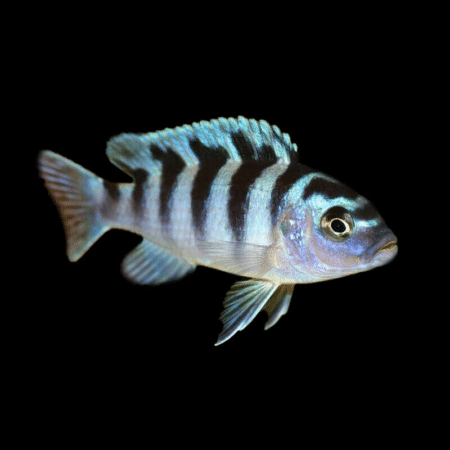

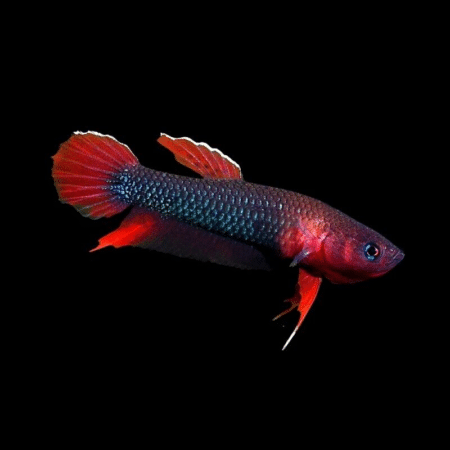




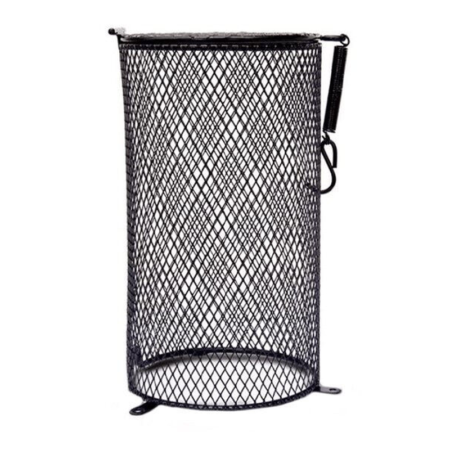
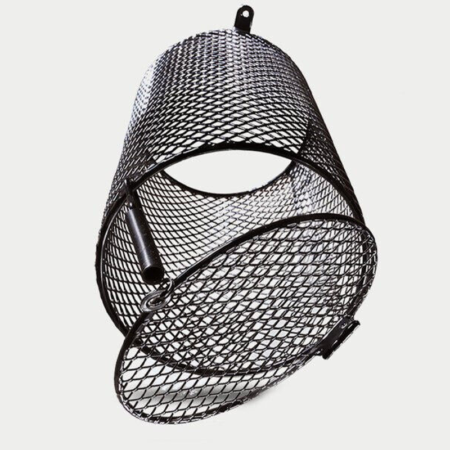

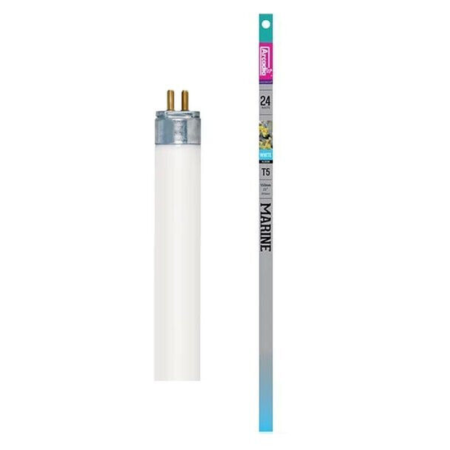


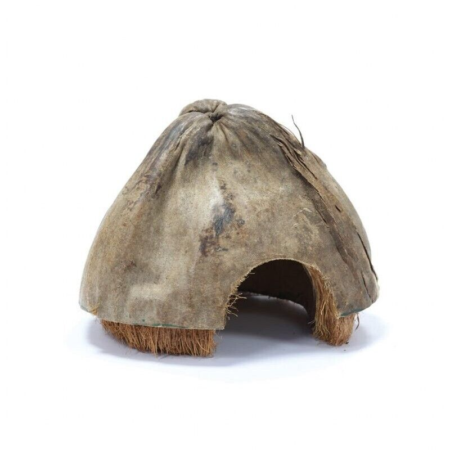


Emily Roberts (verified owner) –
I recently added the Zebra Smoke Angelfish (Pterophyllum Scalare) to my 55-gallon tank, and I couldn’t be more thrilled! After a week of acclimatization, they are absolutely thriving. Their striking colors and unique patterns have truly transformed my aquarium into a vibrant underwater paradise. They gracefully swim around my driftwood decor, and it’s such a joy to watch them interact with the other fish.
In comparison to other angelfish I’ve kept in the past, these guys are more playful and exhibit a curious personality that has captured my heart. I also appreciate how well they adapt to slightly varied water conditions, which makes them a great choice for both beginners and seasoned aquarists.
One minor concern is that they can be a bit territorial during feeding, so I’ve learned to spread out the food across the tank to ensure everyone gets their share.
For anyone considering adding angelfish to their aquarium, I highly recommend the Zebra Smoke variety. They are not only stunning but also bring a lively energy to the tank. I’ve already recommended them to friends who are looking to enhance their aquariums, and I will definitely be purchasing more in the future!
Emily Carter (verified owner) –
I recently added a pair of Zebra Smoke Angelfish to my 55-gallon freshwater tank, and I couldn’t be happier! After about two months of watching them thrive, I can confidently say these angel fish are not only beautiful but also a joy to care for. Their striking stripes and graceful swimming patterns bring so much life to my aquarium. I was initially concerned about compatibility, but they’ve settled in wonderfully with my community tank. The stress-free nature of these fish makes them perfect for beginners, and I love how they seem to interact with me during feeding times. One minor note—while they were shy at first, they’ve really come out of their shells over time! If you’re looking for an angel fish that adds elegance and vibrancy to your setup, I highly recommend the Zebra Smoke Angelfish. They’re not just fish; they’re a wonderful addition to your home. Don’t hesitate to get a pair—they’re worth every penny!